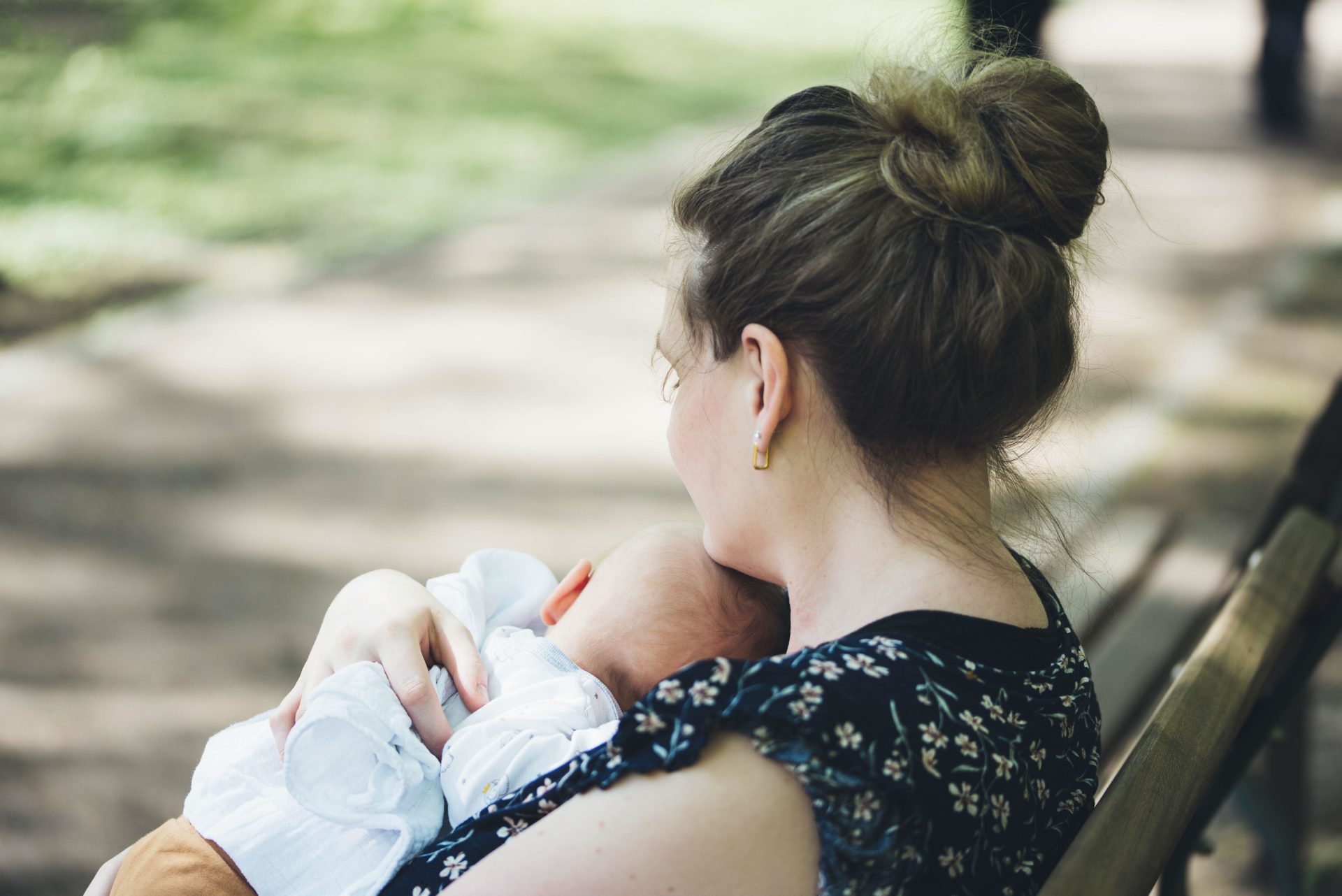A new study has found that new mothers are in urgent new of more mental health supports in the first two years of their child's life.
Ireland's health service requires more resources and funding in order to properly support new mothers facing increased anxiety following the birth of their child.
A study published in the Irish Journal of Psychological Medicine surveyed a number of new mothers on their mental health experiences and found that women want more support in the postpartum period.
On Newstalk Breakfast, University College Cork's senior lecturer in public health Dr Karen Matvienko-Sikar outlined some of the study's findings.
"They get lots of support when they’re pregnant and then that kind of peters out once they’ve had the baby," she said.
Services
The study found that while many new mothers take a proactive approach to self-care, there seems to be a need for more publicly available services catering to postpartum mental health.
"They do feel like there needs to be more infrastructure, more resources and more support to actually help them within the healthcare setting," Dr Sikar said.
The study also found that an overload of information about caring for infants is increasing anxiety among some new mothers.
"There is so much information out there that new mums find it very difficult to parse out what’s the 'real' information that they should be taking in," Dr Sikar said.
"It's this mass of information that women find difficult."
Some mothers are even given conflicting information - which adds to the stress.
Shame
Dr Sikar said that many women experiencing mental health difficulties worry that they might face consequences if they disclose their concerns.
"Women often feel a sense of shame if they aren’t 'managing'," she says.
"They often have a fear of disclosing - there is a fear of what it might mean for them or their baby."
Dr Sikar said healthcare professionals "do an excellent job" of supporting mothers in the postpartum period - but she said more needs to be done.
 A mother holds her baby on a park bench, Alamy.
A mother holds her baby on a park bench, Alamy."There needs to be more capacity put into those perinatal mental health services to ensure we’re reaching everybody - not just women who are at the more extreme end of psychological difficulties," she said.
"We know that public health nurses, midwives and GPs are providing a lot of this support - but we know from other research that they don’t feel like they have the skills and the training but they’re still providing it."
Dr Sikar said these professionals need to be "properly resourced".
You can listen back here:
Feature image shows a mother holding her baby on a couch, Alamy.









